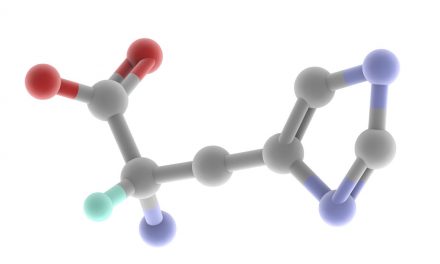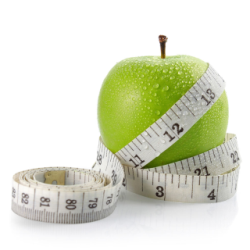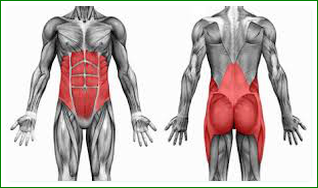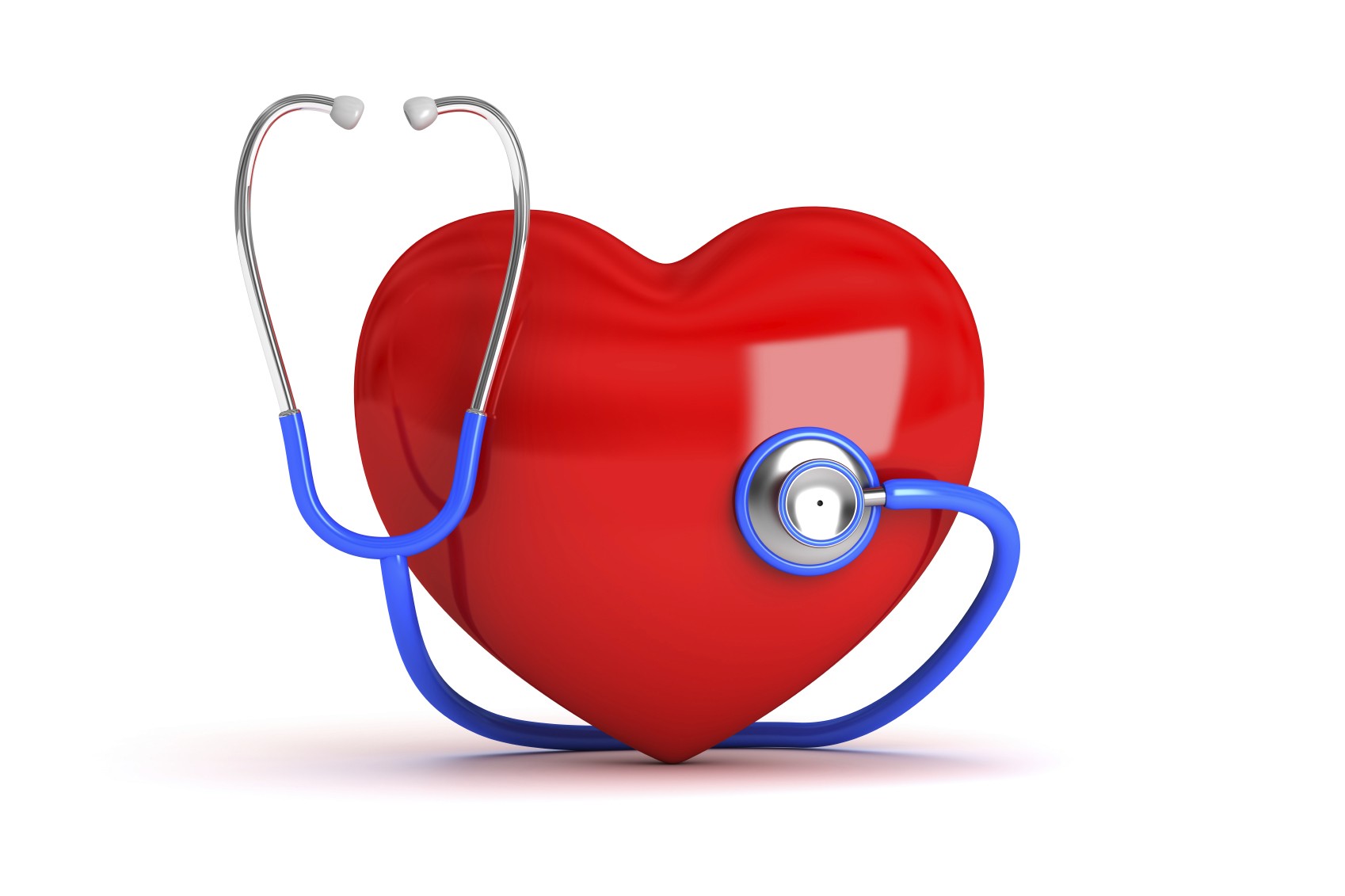Here are ten simple tips to help you to stay in good health.
1. “Yes” to physical activity
Do regular physical activity. Regular, moderate physical activity speeds up your metabolism and helps to make better use of the nutrients, maintains the efficiency of all organs of the human body, maintains high endogenous hormone production. Of course it is not wise to exceed because, in this case, all the positive effects would be inhibited by an excessive production of cortisol, the stress hormone.
Which physical activity should you do? First you must do something you like, because otherwise, it would become a source of stress. What is the best workout? It is a workout that includes lactate anaerobic activity (workout in the weight room), to maintain efficient muscle mass, to increase the production of endogenous hormones and speed up your metabolism; but also aerobic workout for better cardiopulmonary health and lipolysis. Finally “stretching” in favour of a higher joints efficiency.
2. Low in calories
Follow a diet rich in nutrients, but low in calories. It is scientifically proven that the reduction in caloric intake prolongs life and improves health status. This does not mean that you should starve, but avoid high calories foods with low nutrients, so-called “junk foods”, in favour of the low-calorie, but nutrient-rich ones (fruits, vegetables, lean protein sources, vegetable oils, etc.). Also avoid hydrogenated fats, fats that are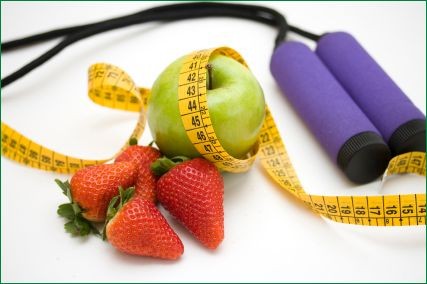 chemically modified to obtain a longer duration of the product. These fats are extremely harmful for the organism.
chemically modified to obtain a longer duration of the product. These fats are extremely harmful for the organism.
3. Glycemic Index and Glycemic Load
When you chose carbohydrates prefer those with low glycemic index and low glycemic load. Carbohydrates with a high glycemic index raise blood glucose levels, resulting in high insulin secretion which not only brings blood glucose levels into normal parameters, but it lowers them under those levels (Reactive Hypoglycaemia). The consequences are lipogenesis, or increase of fat (which is the only body to store excess food), and hunger continues due to the fact that the brain, which feeds on glucose, after Reactive Hypoglycaemia, asks to ingest more carbohydrates. Also give preference to carbohydrates with low glycemic load such as fruit and vegetables, to contain the calories and ensure an adequate intake of micro-nutrients.
4. Divide meals
Spread the proportion of calories in small meals throughout the day. There is evidence that the same calories are less fattening if you share more meals during the day, because they induce a lower secretion of insulin and nutrients have the time to become used, rather than stowed in the form of fat in the adipocytes. In addition, this method allows you to keep blood sugar fairly stable, which does not cause hunger crisis.
5. Few saturated fat
When you chose protein foods prefer low saturated fat ones. Saturated fats are harmful to health, leading to increased blood levels of cholesterol and triglyceride and circulatory problems related to the formation of blood clots. They can have lethal effects over time and lead to atherosclerosis, the antechamber of cardiovascular dysfunctions.
To be continued…

